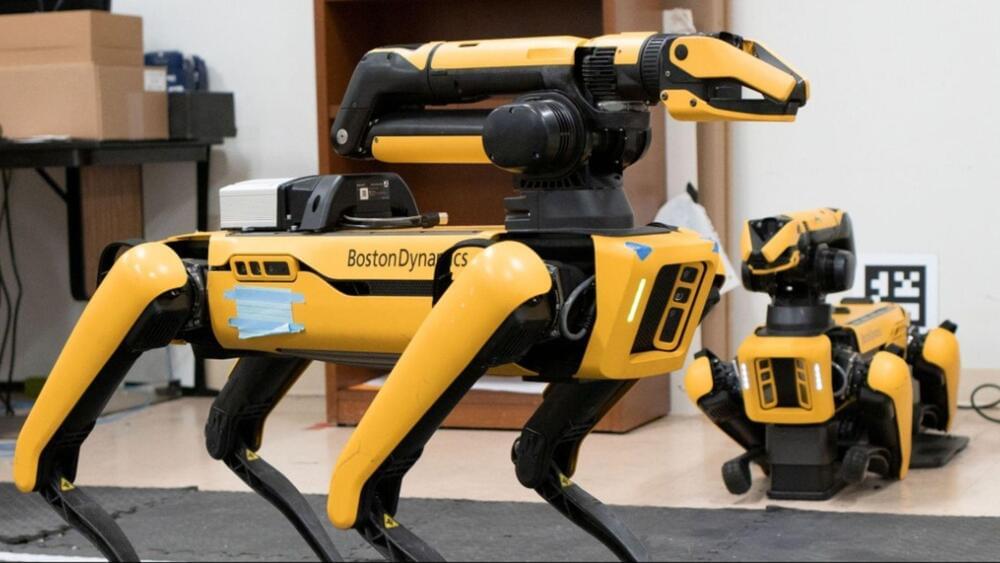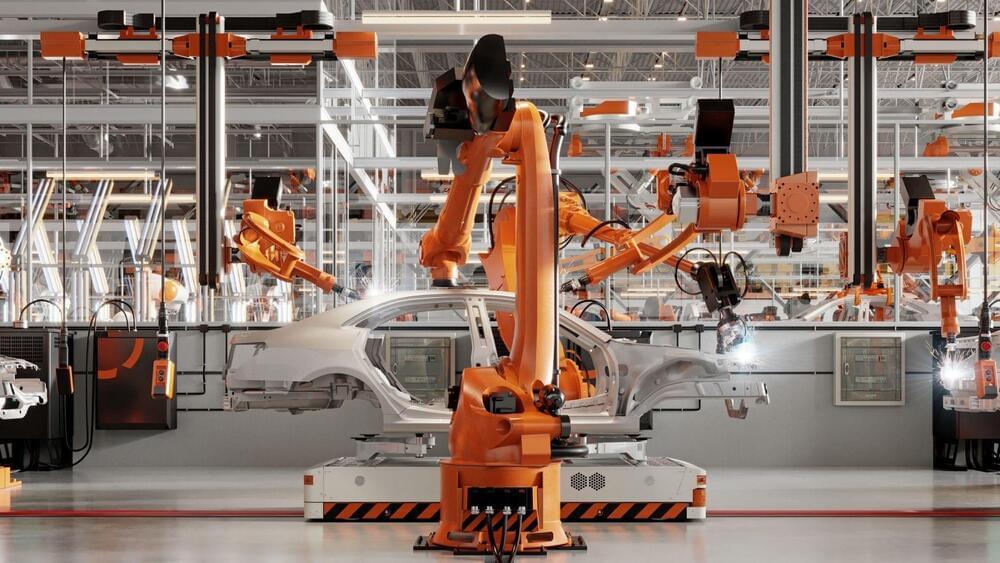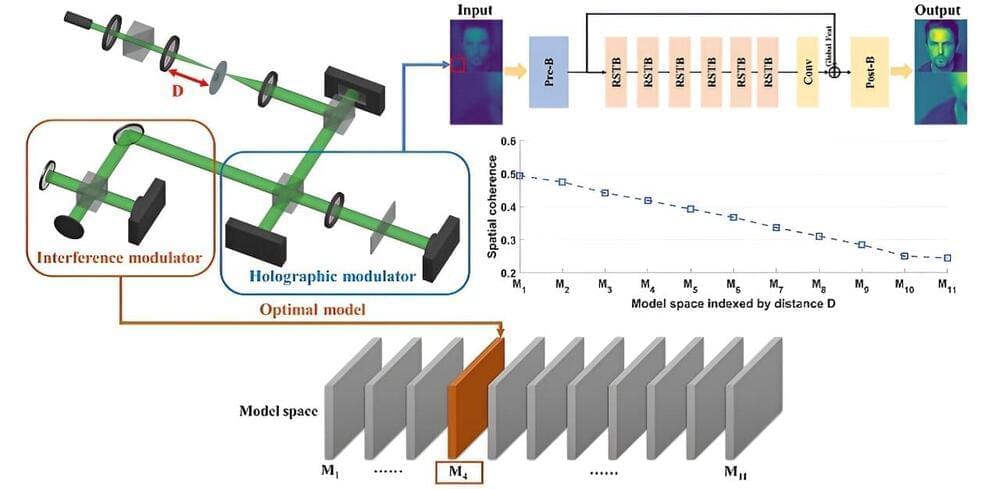More than 10 Chinese companies this year have revealed innovations related to humanoid robots, he noted, adding that China already has some supporting facilities from developing industrial robots.
Beijing has set aside about 10 billion yuan (about $1.4 billion) to fund the robotic development. On Nov. 6, China opened the first provincial-level innovation center on humanoid robots in the country’s capital to work on solving pressing “key common problems,” including an operation control system, open source software, and robot prototypes.
At least one Chinese company, Jiangsu Miracle Logistics System Engineering Co., has promised to introduce its first humanoid robot by the end of the year. Chinese securities brokerage firm Zheshang Securities estimates that the humanoid robot market will have a demand for 1.77 million machines by 2030.









